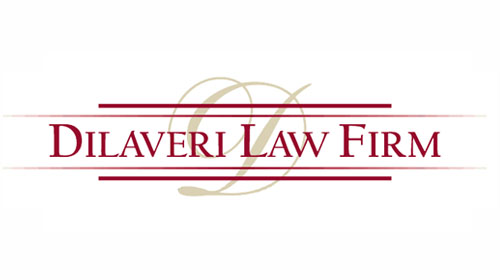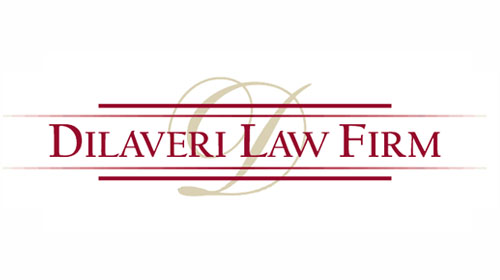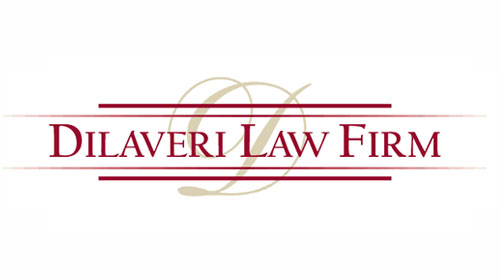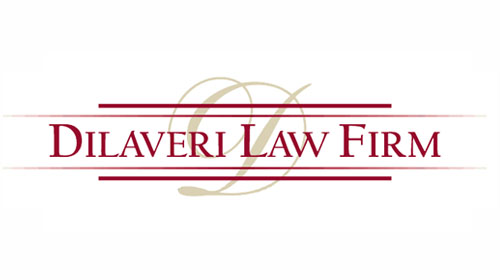Rochester Minnesota
Criminal Defense & DUI Attorney
How Can We Help You
Rochester Minnesota DUI Lawyer
DUI Attorney Minnesota
If you are arrested for driving under the influence, you will usually be charged with two counts: driving under the influence, and driving under the influence with a blood alcohol content of .08 or more within two hours of driving. Depending on your prior history and/or aggravating factors, the charges will be:
- 4th Degree DUI – Misdemeanor
- 3rd Degree DUI – Gross Misdemeanor
- 2nd Degree DUI – Gross Misdemeanor
- 1st Degree DUI – Felony
If you have questions about the different DUI charges in Minnesota, please contact our Rochester Minnesota DUI attorney to see how we can help.
Misdemeanor DUI Process
If you are arrested for a DUI and it is the first time, or the first within the last 10 years, then as long as there are no aggravating factors, the charge will be a misdemeanor. Usually the officer will give you a ticket and ask that you return for Court at the time noted therein. It is, however, possible that you could be released and later receive a Summons requiring you to return for Court.
The first hearing date will be the arraignment. This is not the hearing in which the merits of the case will be considered. You can choose to enter a guilty plea or a not guilty plea. If a plea of guilty is entered, then the judge will pronounce a sentence that usually involves a fine of around $300-$400 plus surcharges, and a probationary period in which you are to complete an alcohol assessment and follow through with the recommendations.
If you plead not guilty, conditions of release will be set and the matter will be scheduled either for trial or for a pre-trial conference, depending on the county.
If there are constitutional issues to be addressed, a contested omnibus hearing is set to deal with them in the interim. The contested omnibus hearing is sometimes scheduled at the same time as the license revocation hearing, given that the issues are almost identical in both cases. If the judge suppresses evidence based on constitutional violations, the matter can potentially be dismissed; otherwise, it is set for a trial.
At the trial, you have the option of trial to the court or trial to a jury. If a jury trial is chosen, six jurors will have to unanimously agree for you to be found guilty.
Gross Misdemeanor and Felony DUI Process
Considering the increased severity of the crime and the potential punishment, gross misdemeanor and felony cases have a few more hearings to go through than misdemeanor cases.
The first hearing is sometimes broken down into two separate hearings, commonly referred to as Rule 5 and Rule 8 hearings. These hearings are to make sure that the defendant understands what he/she is being charged with, to address the issue of bail and conditions of release, and to schedule either a default or a contested omnibus hearing.
Following the contested omnibus hearing, if the charges were not dismissed the court will schedule a settlement hearing. If that does not resolve the case, then a pretrial and a trial are scheduled.
A felony trial requires a jury of 12 people, who must unanimously agree to find the defendant guilty before he/she is found guilty.
In a felony case, if the defendant is found guilty, the judge will order that a pre-sentence investigation be completed and then a sentencing date will be scheduled.
Conditions of Release on DUI Cases
In misdemeanor cases, the court will usually release the defendant on his/her word that he/she will return to court and on the condition that they remain law abiding, not drink and drive, and not drive without license or insurance.
In gross misdemeanor cases, the court will usually impose unconditional bail, as required by statute, in the amount of $12,000.00; or alternatively, release the defendant on their word that they will return to court and require them to be on electronic alcohol monitoring (EAM) in the meantime. EAM is required in the following cases:
- A third implied consent or DUI violation within ten years;
- A second violation, if under 19 years of age;
- A violation while already cancelled as inimical to public safety for a prior violation; or
- A violation involving an alcohol concentration of .20 or more
You should contact our Rochester Minnesota DUI attorney to see, based on the specific facts of your case, whether bail or EAM would make more sense for you.
Mandatory Minimum Sentence for Repeat Offenders
The laws of the State of Minnesota provide certain minimum sentences for repeat DUI offenders as follows:
- Second DUI offense within ten years: 30 days incarceration, at least 48 hours of which must be served in a local jail/workhouse, and the remainder with EAM at home;
- Third DUI offense within ten years: 90 days incarceration, at least 30 days of which must be served in a local jail/workhouse, and the remainder with EAM at home;
- Fourth DUI offense within ten years: 180 days of incarceration, at least 30 days of which must be served in a local jail/workhouse, and the remainder with EAM at home;
- Fifth DUI offense within ten years: One year of incarceration, at least 60 days of which must be served in a local jail/workhouse, and the remainder with EAM at home.
Contact Us Today For a Free Consultation
If you have additional questions about the DUI Court Process, please contact the Dilaveri Law Firm today. We always offer free initial consultations to our client. Call 507.206.6020 or complete our free case evaluation form.











